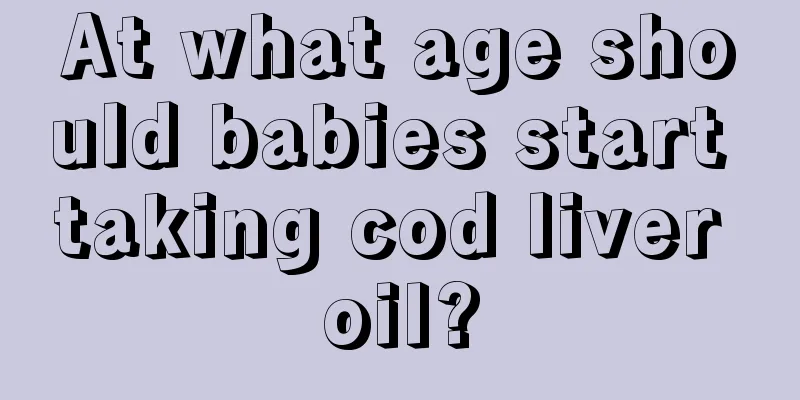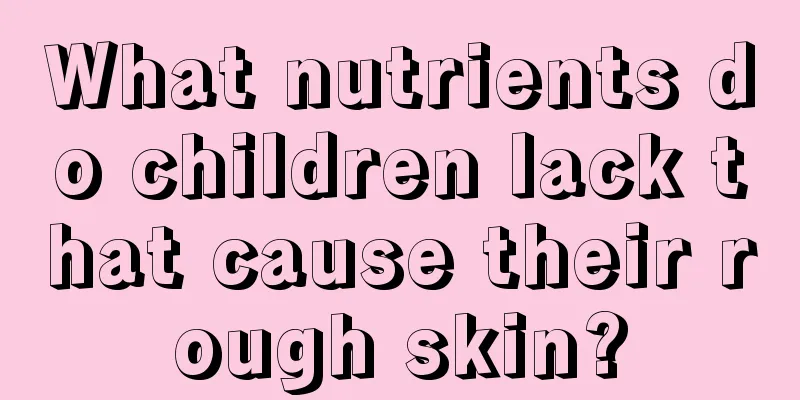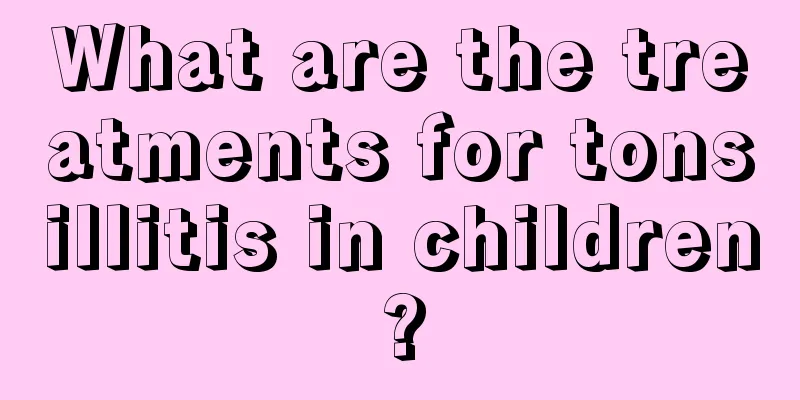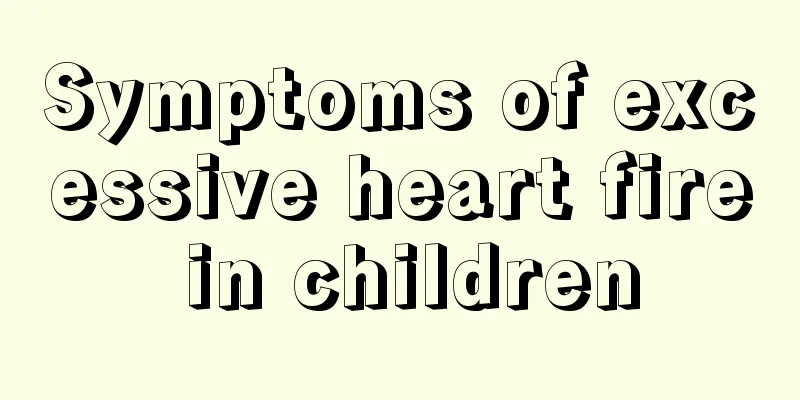How to treat acute suppurative tonsillitis in children
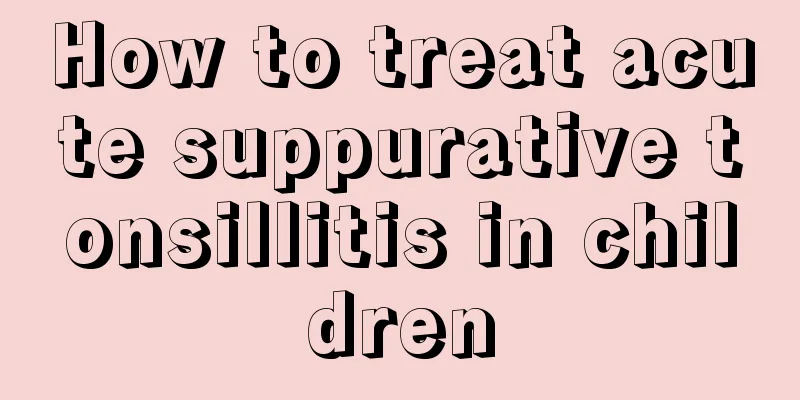
|
Tonsillitis is a common disease in the throat. There are many causes of tonsillitis, including fever, inflammation, cold and many other factors. It is more common in children. Children have relatively poor immunity and have no defense measures against the invasion of various bacteria and viruses. At this time, acute suppurative tonsillitis in children will take advantage of the situation and endanger their health. So, how to treat acute suppurative tonsillitis in children? Purulent tonsillitis in children has an acute onset, with high fever, obvious sore throat, enlarged adenoids and tonsils, especially when swallowing, which may cause the child to refuse to eat. Examination may show congestion in the pharynx, yellow-white pus spots or pus coating on the swollen tonsils, and enlarged lymph nodes in the neck. The main treatment principle for acute suppurative tonsillitis is anti-infection. You can take antibacterial lozenges sublingually, and at the same time pay attention to rest, drink plenty of water, and eat liquid food. Drug treatment Traditional medicine generally uses antibacterial and anti-inflammatory drugs to treat acute tonsillitis. The disadvantage of this local treatment is that it can only eliminate bacteria but cannot clear the bacteria in the tonsillar crypts. Once the body's resistance is reduced, it is very easy to relapse, and chronic lesions will form over time. Surgery If tonsillitis is severe and frequent enough to affect your child's overall health or interfere with your child's ability to go to school, hear, or breathe, your doctor may recommend surgical removal of the tonsils (tonsillectomy). (Your child must be hospitalized for this surgery and will be given general anesthesia. The risks are minimal, and this surgery will permanently eliminate the problem of tonsillitis.) Body resection can be considered only in children with the following conditions: 1. Recurrent purulent tonsillitis, with peritonsillar abscesses, inflammation affecting adjacent organs, frequent otitis media and cervical lymphadenitis, cheesy secretions on the tonsils, and bad breath; 2. Enlarged tonsils hinder breathing, swallowing and pronunciation, causing snoring and restless sleep; 3. Chronic tonsillitis causes rheumatic fever, nephritis and other diseases; 4. Chronic tonsillitis causes long-term low fever, loss of appetite, and affects children's growth and development. The symptoms caused by tonsillitis are very bad for children. They include persistent high fever, sore throat, and difficulty speaking, which have a great impact on children. Its treatment should be considered from two aspects: drug treatment and surgical treatment. The direction of drug treatment is still mainly anti-inflammatory. Only when the inflammation is eliminated can the tonsils return to normal. Surgical treatment is only for children with very serious conditions, and tonsillectomy should be considered at this time. |
<<: What is the treatment for acute tonsillitis in children?
>>: What are the benefits of baby swimming in summer
Recommend
What to do if your child has a rash
Parents are very worried once a child has a probl...
Symptoms of mercury poisoning in children, mothers must know
Children are generally lively and active. They ar...
ADHD child education
In the eyes of many parents, children with ADHD a...
Is it better for baby's feet to be cool or warm?
As a new mother, I am not very clear about how to...
Measles vaccine reaction
When it comes to measles vaccine, perhaps many pe...
What should I do if my child has a bacterial infection and fever?
Because children have weak body resistance, they ...
What to do if your child has no memory
It is a common problem that children have poor me...
What supplements are suitable for children?
Generally speaking, when you take supplements, yo...
What causes dizziness in children?
Dizziness and headache are diseases that often oc...
How to treat a six-month-old baby's cough
We all know that when we catch a cold, we usually...
How to treat asthma in children?
Many mothers are worried and nervous, and feel he...
What to do if children have hemorrhoids
Although hemorrhoids are more common among adults...
Can young children drink monk fruit water?
The healthy growth of infants and young children ...
Dietary treatment for psoriasis in children
Everyone has heard of psoriasis, a skin disease t...
How to prevent shazi in young children
The growth and development of young children is v...
